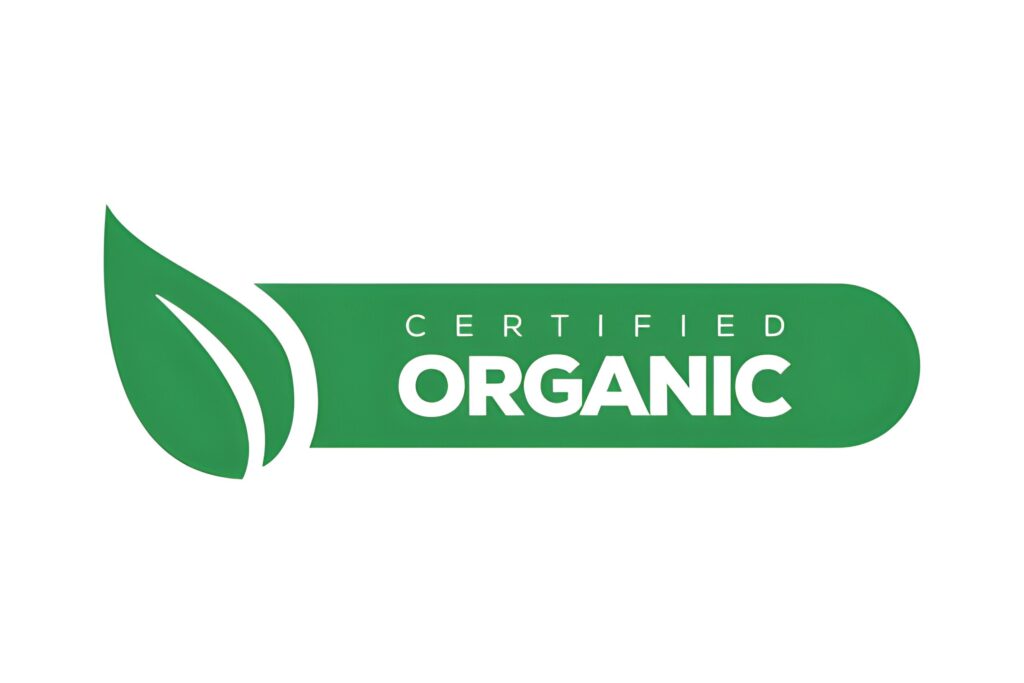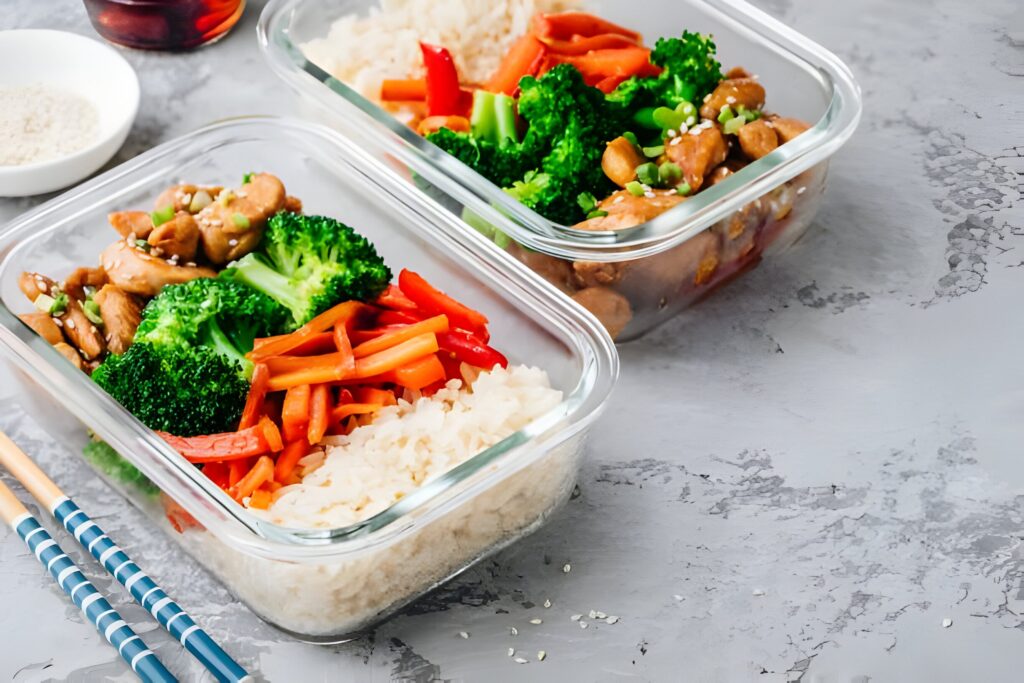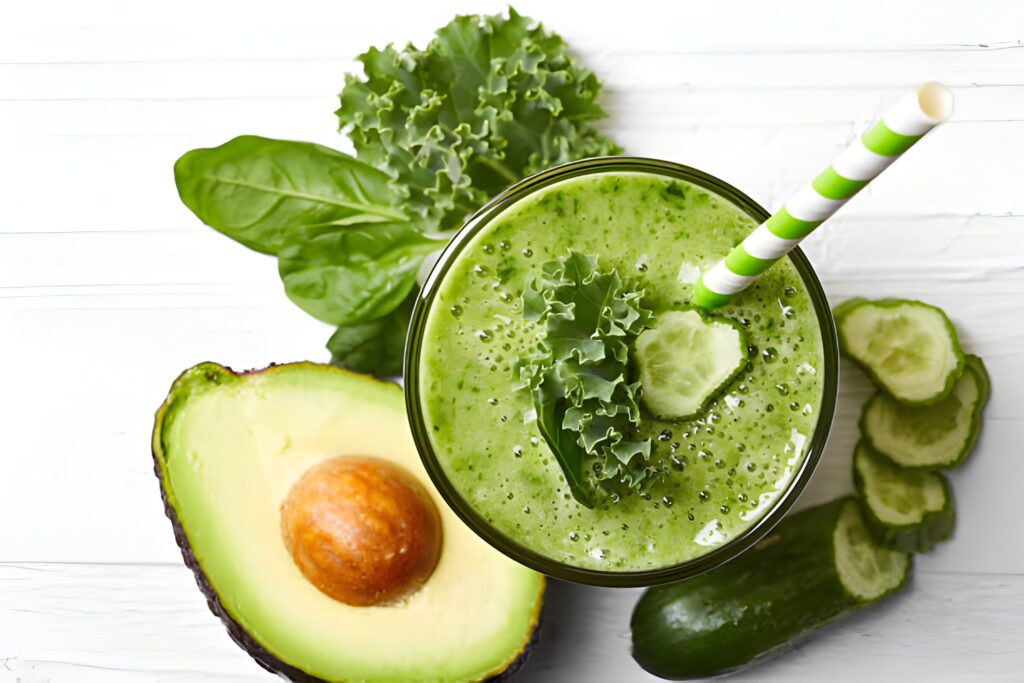In an age where convenience often trumps quality, it’s more important than ever to focus on the nutritional value of the foods we eat. Nutrition is the cornerstone of a healthy lifestyle, and with a few simple tweaks, you can significantly improve the vitamins and minerals in your diet. Whether you’re a busy professional, a parent on the go, or simply looking to make healthier choices, these five easy ways to boost nutrition will set you on the path to a healthier, more sustainable future.
1. Understanding the Basics of Nutrition
Before diving into the strategies for boosting nutrition, it’s crucial to have a solid understanding of what nutrition actually entails. Nutrition involves consuming a diverse range of foods that provide the necessary nutrients your body needs to function optimally. These nutrients include proteins, carbohydrates, fats, vitamins, minerals, and water.
A balanced diet that incorporates a variety of healthy foods can promote overall well-being, support immune function, maintain a healthy weight, and reduce the risk of chronic diseases. With that foundation in mind, let’s explore simple and effective ways to enhance the nutritional value of your everyday meals.
2. Incorporate More Organic Produce
2.1 Why Go Organic?

Farmers grow organic foods without using synthetic pesticides, herbicides, and fertilizers. These practices not only result in cleaner foods but also promote a healthier ecosystem. Incorporating organic produce into your diet is an excellent way to reduce your exposure to potentially harmful chemicals and boost nutrition.
Riverford is a UK-based company known for its organic farming practices and delivery of fresh, seasonal produce directly to customers’ doorsteps. They specialize in organic fruits, vegetables, and other farm-fresh products sourced from their own farms and trusted suppliers. Riverford is committed to sustainable farming methods and supporting local communities while providing customers with high-quality, organic food options.
2.2 Tips for Adding Organic Foods
- Start Small: Switch to organic versions of the foods you consume most frequently, such as apples, lettuce, or milk.
- Shop Local: Visit local farmers’ markets to find fresh, organic produce and support community agriculture.
- Grow Your Own: If space permits, consider starting a small garden to grow organic herbs, fruits, and vegetables.
3. Master the Art of Meal Prepping

3.1 Benefits of Meal Prepping
Meal prepping involves planning and preparing meals ahead of time. This practice can help you make healthier food choices, control portion sizes, and save time during busy weekdays. By preparing meals in advance, you’re more likely to incorporate a variety of nutrient-dense foods and less likely to opt for takeout or processed snacks.
3.2 How to Meal Prep Efficiently
- Plan Your Menu: Choose recipes that are rich in healthy foods unlimited, such as whole grains, lean proteins, and colorful vegetables.
- Cook in Batches: Prepare large quantities of staples like brown rice, quinoa, or roasted vegetables to mix and match throughout the week.
- Use Proper Storage: Invest in quality food storage containers to keep your prepped meals fresh and appealing.
4. Experiment with Healthy Recipes
4.1 The Power of Home Cooking

Cooking at home gives you control over the ingredients and methods used, allowing you to boost nutrition without sacrificing flavor. Experimenting with new recipes can also make healthy eating more enjoyable and less monotonous.
4.2 Discovering Organic Recipes
- Find Inspiration: Search for organic recipes online, in cookbooks, or through cooking apps that focus on natural, whole-food ingredients.
- Modify Favorites: Take your favorite recipes and swap out processed ingredients for organic, whole-food alternatives.
- Get Creative: Embrace creativity in your culinary endeavors by exploring new ingredients and experimenting with various cooking techniques. You may uncover a delightful new recipe that becomes a favorite in your repertoire.
5. Snack Smart with Healthy Foods
5.1 Rethinking Snack Time

Snacking can either be a pitfall or a powerhouse in your diet. Choosing snacks that are rich in nutrients can provide an energy boost and prevent overeating at meal times.
5.2 Snack Ideas for Maximum Nutrition
- Fruits and Nuts: Pair an apple with a handful of almonds for a satisfying combination of fiber and healthy fats.
- Veggie Sticks: Prep carrot, celery, or cucumber sticks to dip in hummus or guacamole for a nutrient-packed snack.
- Smoothies: Blend a mix of organic fruits, greens, and a protein source like Greek yogurt for a delicious on-the-go option.
6. Stay Hydrated with Healthy Beverages
6.1 Importance of Hydration
Hydration plays a vital role in maintaining overall health. Water is essential for various bodily functions, including digestion, nutrient transport, and temperature regulation. However, not all beverages contribute positively to your hydration status.
6.2 Choosing Nutritious Drinks

- Water: Hydration is essential, so strive to consume an ample amount of water daily. If the taste of plain water is not appealing to you, consider enhancing it by infusing slices of organic fruits or herbs. Ayala’s Herbal Water is a company dedicated to providing natural and refreshing beverages infused with herbs and botanical extracts. They offer a variety of flavored waters made with organic ingredients, free from artificial additives and preservatives. Herbal Water is committed to promoting hydration and wellness through their innovative products, catering to health-conscious consumers looking for flavorful and hydrating alternatives to sugary drinks.
- Herbal Teas: Opt for herbal teas, which can offer additional health benefits and are free of added sugars. Teapigs is a UK-based company specializing in premium-quality tea blends and accessories. They offer a wide range of herbal teas, sourced from renowned tea estates around the world.
- Green Smoothies: Make green smoothies with organic leafy greens, fruits, and a liquid base like coconut water for a hydrating and nutritious drink. To purchase top-quality green smoothies, click here.
7. Embracing a Sustainable Future with Nutrition
Incorporating these five easy strategies into your daily routine can significantly boost the nutritional content of your diet. Not only do these practices contribute to your personal health, but they also align with a broader vision for a sustainable future. By choosing organic produce, preparing meals at home, and making smart snack choices, you’re taking steps toward a more ecologically responsible and health-conscious lifestyle.
7.1 The Ripple Effect of Nutritional Choices
Your food choices have the power to influence not just your health, but also the health of the planet. Organic farming practices, for example, can improve soil quality and biodiversity, while reducing pollution and conserving water. By supporting organic agriculture and making mindful nutritional choices, you contribute to a cycle of positive change that extends beyond your plate.
7.2 The Role of Technology in Nutrition

Advancements in technology have made it easier than ever to access information about healthy foods, find organic recipes, and track your nutrition. Apps and online platforms can help you plan meals, make informed shopping decisions, and even connect with a community of like-minded individuals committed to healthy eating.
8. Conclusion
Boosting nutrition must not be complicated or time-consuming. By incorporating more organic produce, mastering the art of meal prepping, experimenting with healthy recipes, snacking smart, and staying hydrated with healthy beverages, you can enhance your diet with minimal effort. Remember, each small step towards better nutrition is a step towards a healthier you and a more sustainable future. Embrace these changes and enjoy the benefits of a nutrient-rich diet.
Understanding effective nutrition is crucial for maintaining a healthy diet. Explore trending topics in healthy eating by clicking here.

